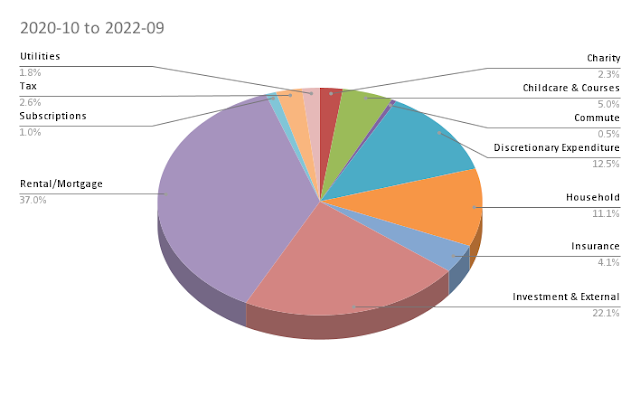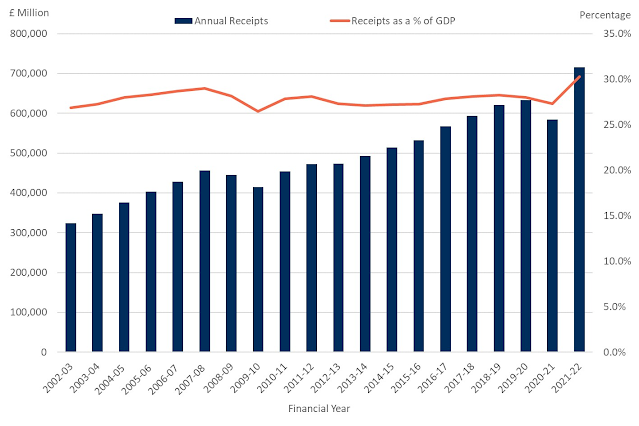Demonetisation: Initial admirer to now skeptic
It has been a month since the Indian Government announce demonetisation. Over time I have emoted at extremes about this move - starting with immediate elation, defending the move among skeptics, to now being a critic of the move. This post is an attempt at documenting some of the thoughts.
Let's start by discussing the Government's motives. Among analyses, here seems to the list of benefits:
Let's start by discussing the Government's motives. Among analyses, here seems to the list of benefits:
- Elimination of black money w.r.t:
- Untaxed wealth
- Reducing corruption
- Crime uses
- Getting a special dividend of about 2 Lakh Crore that could be used by Government to fund public initiatives
- Eliminating the cash in the hands of political opponents
- Defending the currency against counterfeiting by terrorists
Depending on whether you are a supporter or critic of the move, you may believe in one or a combination of the above factors to be the real reason behind the move. Personally, I feel it is a combination of 1 & 3 with 2 being a bonus. Modi has spoken about eliminating unaccounted wealth since the election campaign, and if that can be done together with eliminating the opponent's ability to compete, why not do both in the same shot? Getting a special dividend from RBI to pay for public initiatives is icing on the cake.
Leaving aside the real motive, for us to truly support the move, we must believe that 1 & 2 has a key role in Government's true intentions. Let's assume that and move on.
Let's move then to the effects. While at one extreme, there is extreme shortage of cash in some segments, specially the rural ones, many segments of the economy has adjusted by using cashless transactions. Given India's natural size, and its generally inventive citizenry, their ability to react and adapt shouldn't come as a surprise to anyone.
Without belittling the consequences to the poor and rural populace who are perhaps worst hit by the move, we need to consider the long time positive effect on the economy - would that long term benefits outweigh the immediate pain and suffering of the masses?
My initial reaction to that was a resounding YES. Here is what I thought:
- Some of those with unaccounted wealth will lose it altogether. Good riddance.
- Those who hoarded that wealth in realty would ideally convert the entire value at market rate, pay a higher capital gains, but end up benefitting the economy overall by eliminating cash in realty transactions.
- The move will instil a fear of establishment among the common trader in India and force them to think of moving towards better accounting of transactions and avoid a repeat of the uncertainty they went through this time around.
- It will move the country towards a cashless society, which in itself reduces the scope for a lot of the evils that cash brings on its own. (India has substantially higher use of cash as a share of GDP than any other big economy, including the US, whose biggest export could be arguably USD currency)
However, with time, I want to go back on almost every single argument. Here are my rebuttals:
- No one seems to have lost unaccounted wealth. Most of them held very little in cash, and those who did manage to launder it back. Sure, some of it will be lost, but not enough to either benefit the government in terms of taxes or to act as a punitive effect.
- From what I hear, the realty argument was only in my head. No one else believes it. Everyone, even those involved in realty in a big way, are just waiting for enough cash to come back in circulation to go back to old ways. If those involved in realty think otherwise, then my singular arguments, however sensible it is, won't make much of a difference.
- On fear of establishment, it might still work, but the general response is either one of admiration (by those who had nothing to lose) and anger (by those who were affected by it) - no one seems to have taken any moral lessons.
- On moving to cashless society, the reality at ground is absolutely counter. I am going to spend rest of the article talking about this.
India is not ready for a cashless society. We are very far from it, so far that it looks comical that we even attempted to move to one in 2016 without the fundamentals in place, if of course we believe that was one of the intentions.
Here are the broader reasons:
- How would vast majority of the illiterate population interact with this cashless society? Who is thinking of them?
- The cashless society is for the banked. Everyone else is left out. And Jan Dhan accounts are not yet a passport to participating into a true cashless society, at least not in 2016.
- The process of KYC and setting up an account and coming up with a reason to do ReKYC every now and then, is just painful. KYC is such a overwhelming function that banks have permanent counters for KYC, something I don't recall in 1990s when I observed banking as a son of a banker, or something I don't see in Singapore at all. (Every single year, one financial institution or the other I deal with blocks my account and asks me to KYC and my details haven't changed one bit in the past decade or more.)
- Indian credit cards need an PIN to function. Other country's cards don't need. What's the result? We will have tourists not being able to use cards that they can use everywhere else in the world - not progress in the right direction.
- Public institutions, like Metro, Museums, Canteens etc still don't have facilities to accept cards. Given the push, wouldn't it be natural that at least public institutions deals with its retail customers they way Government wants its private businesses to deal with retail customers?
- As much as people may believe in Modi, why would anyone want to volunteer to pay higher taxes to a system that hasn't proven itself to be very efficient in allocation of tax rupees over the years? How are we bridging that trust gap?
- Lastly, Indian trade is conducted with the assumptions of the benefits of cash. i.e if there is a shop that can operate at 20% margin on cash with minimal tax outgo, they would need to charge roughly 12.5% on the goods to maintain the profitability (2.5% on merchant fees on the transactions and 10% as added revenue so that after paying for taxes, the trader gets to keep the same 20%) - I don't think the economy is ready for that step up.
Put together, even if we were to believe that Government had the right intentions, we are nowhere close to having a smooth cashless society going, and we may be at least 5 years away from one. And 5 years is too long a transition period for a developing economy.

